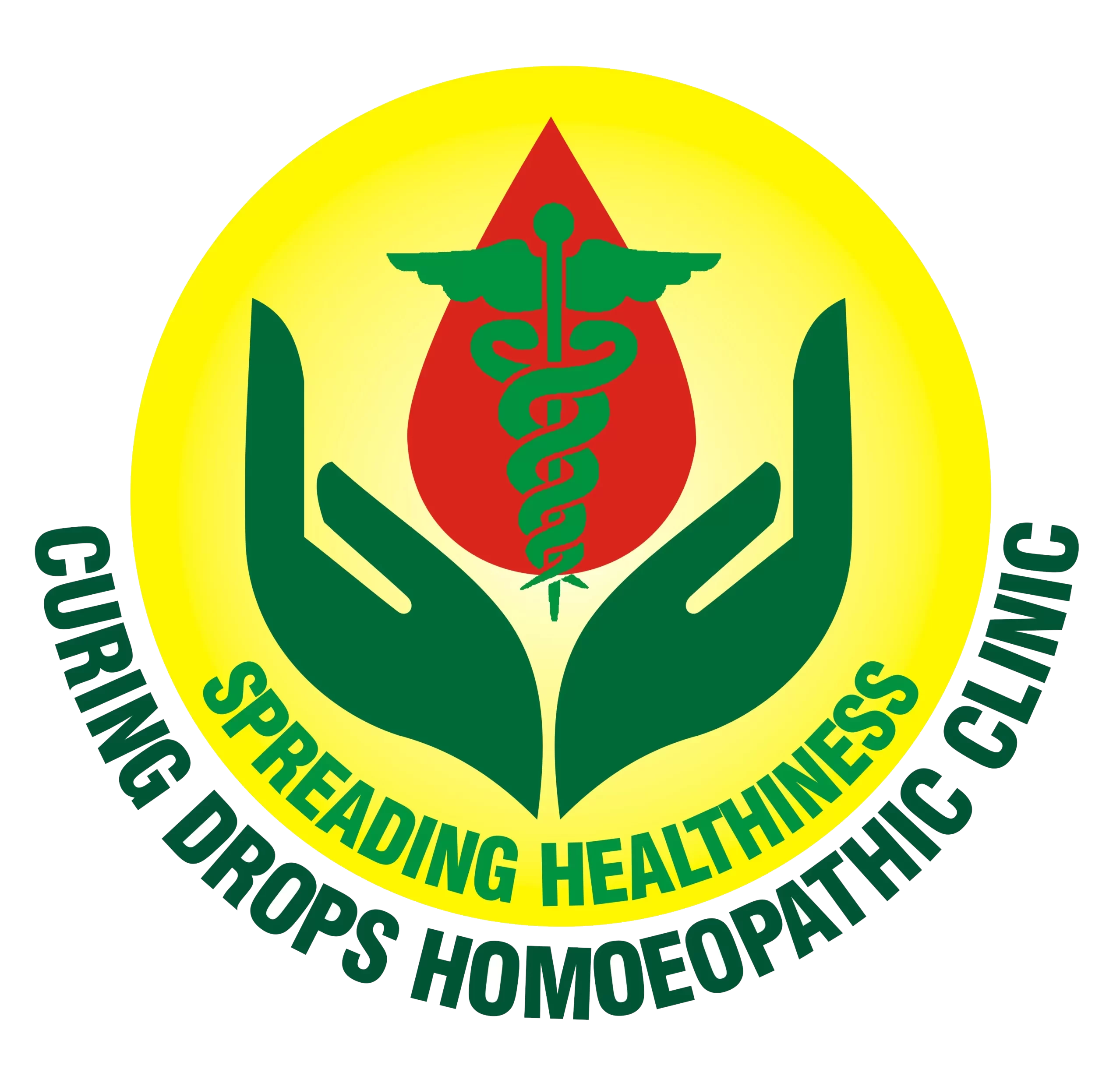Homeopathy is a holistic and alternative approach to healthcare that has been in use for over two centuries. Developed by Samuel Hahnemann in the late 18th century, it’s based on the principle of “like cures like.” But how does homeopathy work? In this blog, we will explore the fundamental principles behind homeopathy and its mode of action.
The Law of Similars
At the core of homeopathy lies the Law of Similars, which is also known as the principle of “like cures like.” This fundamental concept suggests that a substance that can cause certain symptoms in a healthy person can also be used to treat similar symptoms in a sick person. Homeopathic remedies are prepared by diluting a substance that causes symptoms similar to those of the patient’s illness. These remedies are believed to stimulate the body’s self-healing mechanisms.
The Process of Potentization
Homeopathic remedies are prepared through a process called potentization. This process involves successive dilutions and succussions (vigorous shaking) of the original substance in a specific ratio with a solvent, usually water or alcohol. The more a substance is diluted and succussed, the more potent it is believed to become in its healing properties. Paradoxically, this means that in many homeopathic remedies, there may be little to no trace of the original substance left. This concept aligns with the idea that the vital force, a life energy within the body, is influenced rather than the material substance itself.
Energy and the Vital Force
Homeopathy proposes that illness is caused by a disturbance in the vital force, which is considered the life energy or energy blueprint of an individual. The vital force is believed to maintain the body’s balance and health. When this force becomes imbalanced, symptoms of disease appear. Homeopathic remedies, despite their extreme dilution, are thought to interact with the vital force and stimulate it to restore balance and heal the body.
Individualized Treatment
Homeopathic treatment is highly individualized. Instead of focusing solely on the disease or condition, homeopaths take into account the unique physical, emotional, and mental characteristics of the patient. Homeopathic remedies are chosen based on a person’s specific symptoms, temperament, and overall health. This individualized approach aims to address the underlying causes of the illness, rather than just alleviating its symptoms.
The Law of Minimum Dose
Homeopathy follows the Law of Minimum Dose, suggesting that the smallest dose necessary to stimulate the vital force should be used. Homeopathic remedies are diluted to the point where they may no longer contain a single molecule of the original substance. This is in stark contrast to conventional medicine, which often uses higher doses of medications or treatments. The principle of minimum dose aims to minimize the risk of side effects or toxicity.
Water Memory and Molecular Imprints
Critics of homeopathy argue that highly diluted remedies are nothing more than pure water or alcohol and cannot have any therapeutic effect. However, proponents of homeopathy suggest the existence of “water memory” or “molecular imprints.” They propose that during the potentization process, water retains the energetic signature of the original substance, even when no physical molecules of that substance remain. This subtle energy is believed to interact with the body’s vital force, triggering the healing process.
Scientific Scrutiny
The scientific community remains divided on the efficacy of homeopathy. While some studies have shown positive effects in clinical trials, others have found no significant difference between homeopathic remedies and placebos. Critics often point to the lack of a scientifically plausible mechanism to explain homeopathy’s action.
Homeopathy is a unique and controversial approach to healthcare that relies on the principles of the Law of Similars, potentization, and the vital force. Its individualized and minimal dose approach sets it apart from conventional medicine. While the scientific community remains skeptical about the underlying mechanisms, many people around the world continue to use homeopathy as a complementary or alternative treatment. Whether you believe in its efficacy or not, understanding the fundamental principles behind homeopathy can provide insights into this ancient healing art.


